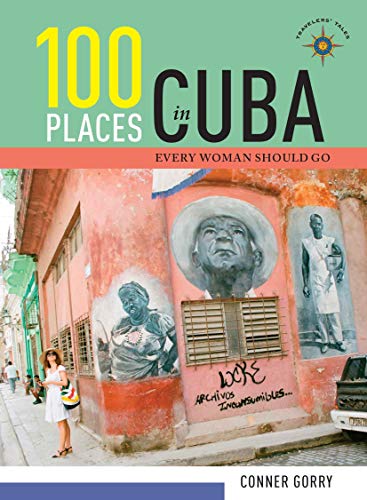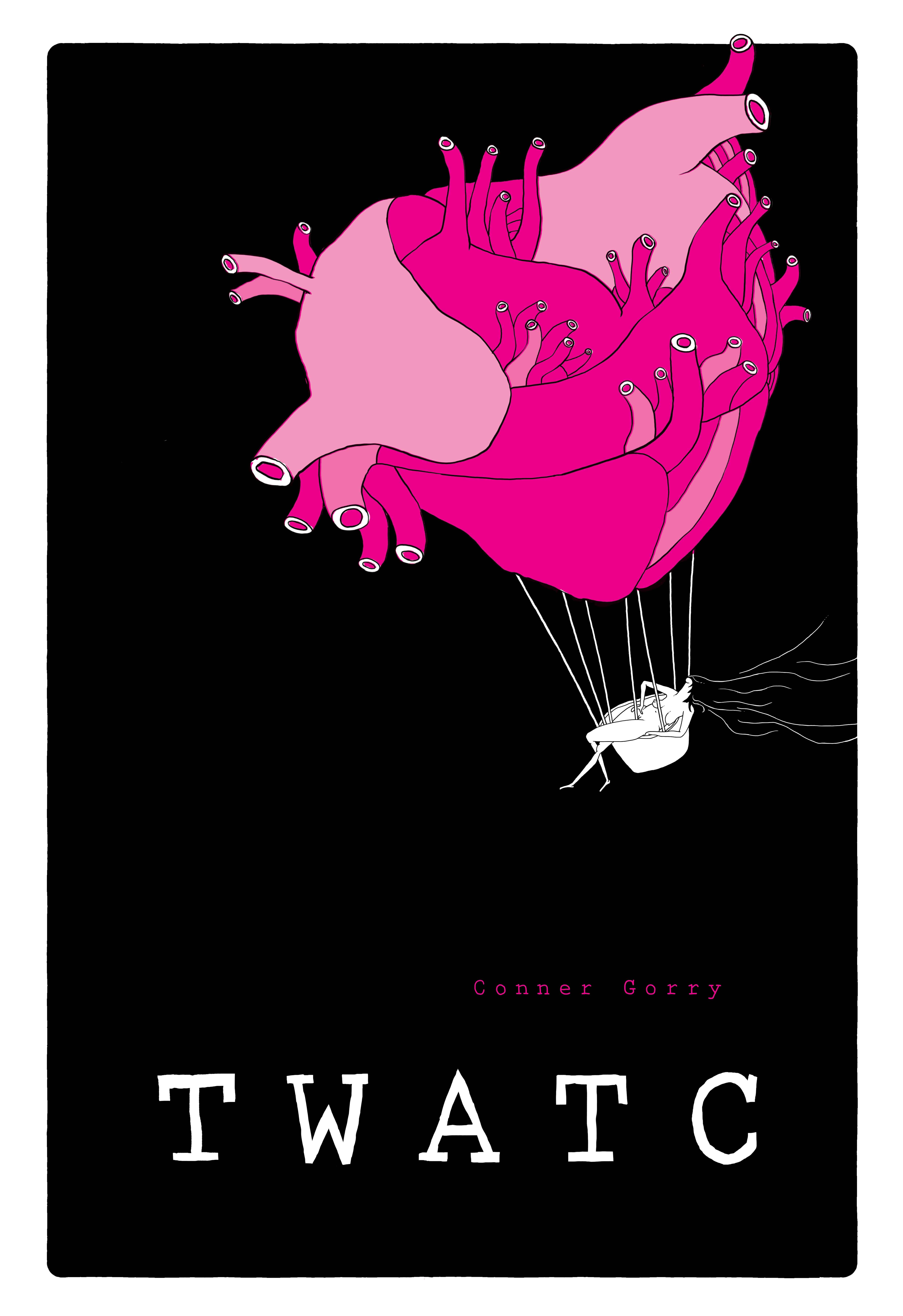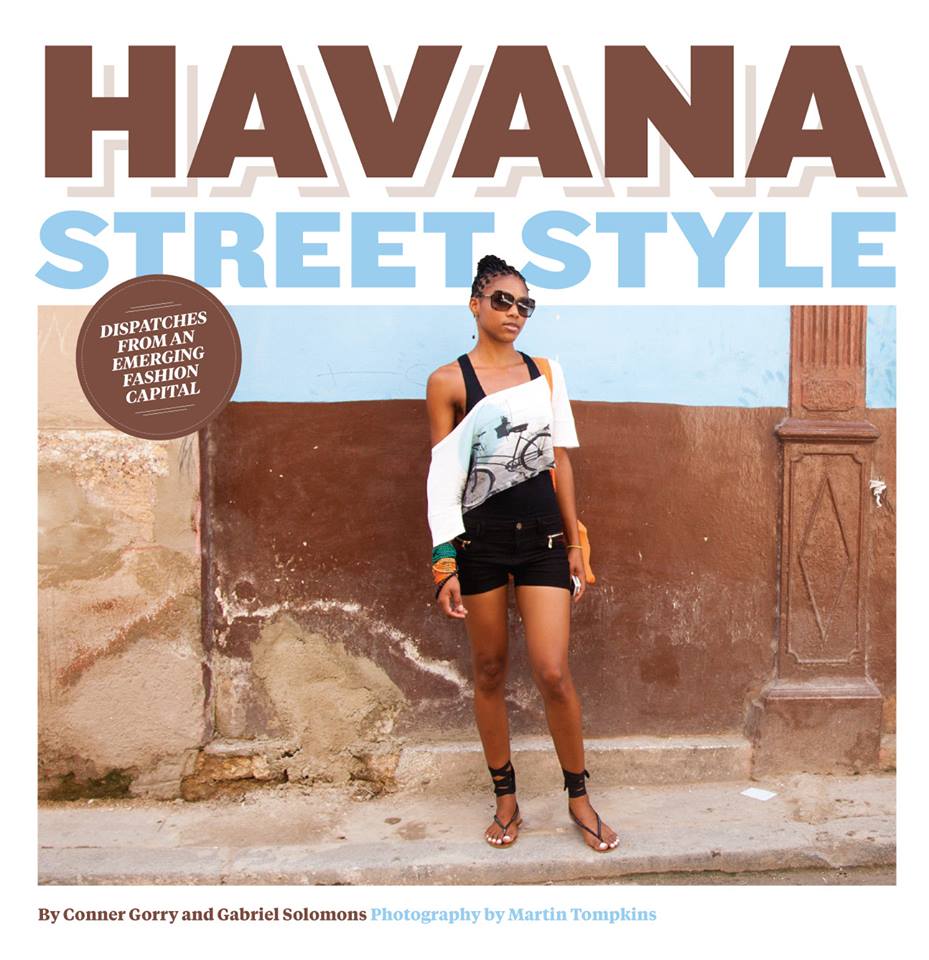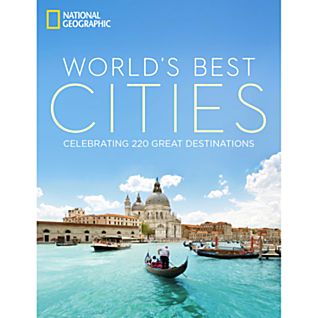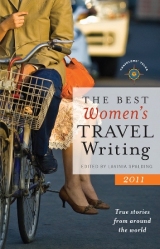Remember the good ole days of the ‘coronacoaster,’ riding the ups and downs of 2020-2021 and looking forward to better times ahead? That was some aspirational thinking. Delusional even. Now, rather than breathing a little easier, it feels like we’re hanging on for dear life, hoping the coaster correctly banks that terrorizing turn. If it doesn’t? We’ll soon be careening off the rails, flying into the abyss.
Ringing in 2021, we had vaccines rolling out (or rather, some of us did—vaccine inequity is genocidal, but that’s another story). We reunited with our loved ones (or rather, some of us did). We had some hope, false hope, but still: false hope is better than no hope I’ve come to realize.
Last year we talked about “after the pandemic.” How foolish. How grammatically incorrect. That whole time we were using the wrong preposition. There is no life “after” the pandemic, only life with the pandemic. And just when you think it can’t get any worse, hang on baby because it certainly can.
Enter Omicron. Por díos. Redact “false hope” for “no hope.” Too cynical? Perhaps. Too dramatic? I am known to skew cynical and dramatic (ahem), but these past two years have been stranger than fiction…
Here’s a quick list (quick because each entry warrants its own post), of what is adding fodder to the dumpster fire. These are arranged in no particular order save for progressing from the collective to the personal,.
For all of you hoping for good news from Havana, you’ve come to the right place at the wrong time. I promise to share all kinds of uplifting (and exclusive) information related to my passion project, but that will have to wait. The silver linings, the Cuban vaccines, the possibility (finally) of the country legalizing gay marriage—all of this will have to wait because the past two years have been especially shitty in Cuba. And not just due to SARS-CoV-2.
Reordering of the Cuban economy: File under: Disaster, Possibly Fatal. Official reports from end-of-year analysis show 70% inflation in the formal market, and more than triple that in the informal (AKA black) market. It’s a total shit show.
N27, J11, N15 and any other letter/number combination I may have missed: I’ve written about ‘the troubles’ (to borrow the Irish euphemism) here previously and I don’t feel the need (nor the desire, frankly) to re-visit at the moment. But trust me: we haven’t heard the end of this.
Me Too: Not yet a movement, but thanks to 5 very courageous women who went public in December about a known, repeat sex offender, the long-overdue reckoning about sexual harassment, violence and abuse in Cuba is (nearly) upon us. Heads will—and damn well should—roll. Can’t happen soon enough.
Death, hunger and disillusionment: It’s pretty well generalized no matter where you live, but the combination of COVID and Biden with his sanctions against the island (see descarado/comemierda/hijo de puta in the dictionary of Cuban slang) is inhumane. Not to mention insane: the idea that the blockade hurts the government and not the people is demonstrably false. I tire of such idiocy.
Now for the personal part…
Death, hunger and disillusionment: In the latter half of December 2019, my mother died suddenly, unexpectedly. We suspect COVID, not yet detected in the USA, but late 2019, in NYC, in a woman who regularly attended the movies, live theater and ate out? Entirely possible. Regardless, her death ripped my family asunder. Anyone who has lost a parent, child or loved one suddenly knows the lingering sadness and loss of true north this signifies. To all of you: my deepest, most sincere condolences.
I’m an infamously hangry person—it goes back to food insecurity suffered as a child. And while I’m seriously privileged compared to others in the food department, that’s not saying much these days here. Food insecurity suffered in one’s formative years is similar to profound grief in that it lingers and ghosts; anyone who survived the Special Period can relate.
Disillusionment is new for me and many people here, too. Cuba is in terribly deep waters—economically, socially, spiritually. Créeme: we are feeling it. I’m feeling it. If I can muster the motivation and rally the energy, I might write more about collective/personal disillusionment. But don’t hold your breath.
Keeping Cuba Libro afloat: The only people who can truly understand the frustrating, infuriating and constant struggle it takes to keep a small business alive during the triumvirate of Trump/Biden sanctions, COVID and the reordenamiento, are other Cuban small business owners and workers. I can’t tell you how many times I’ve considered closing shop over the past two years. But the Team can. My partner can. Without them, and without the support (financial, spiritual) from our friends abroad, we would already be history. And we aren’t out of the woods yet.
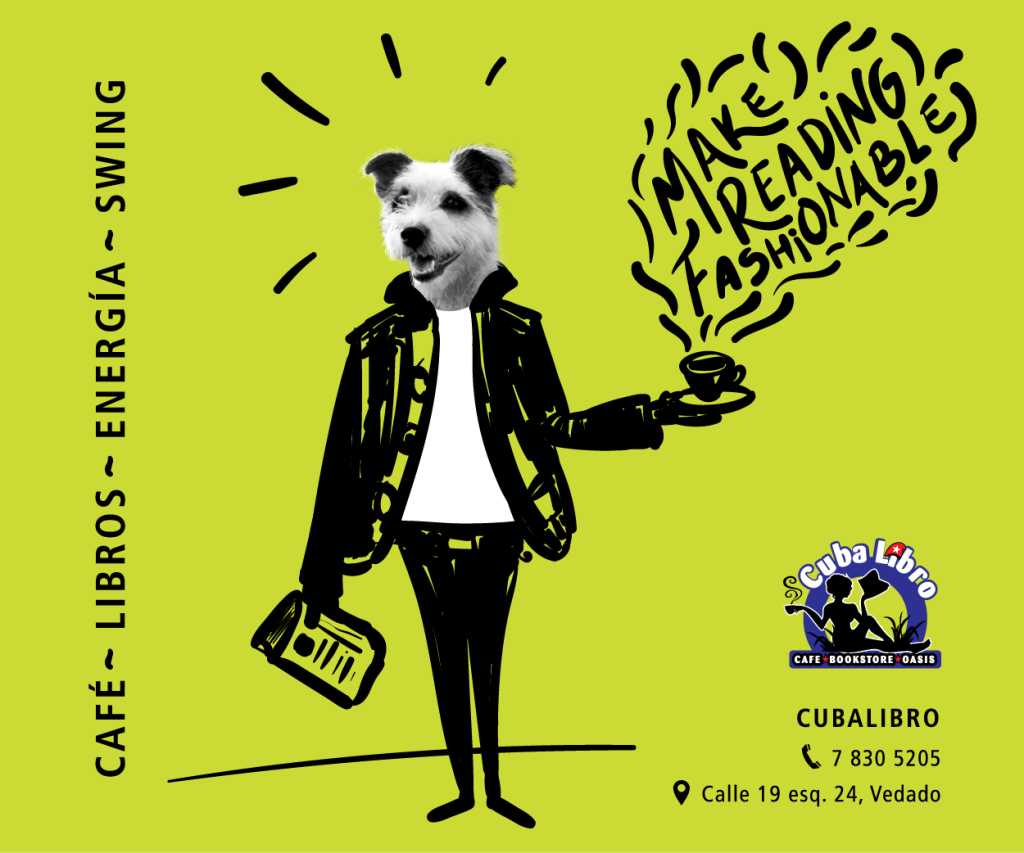
Toby is sick and isn’t getting better: Although childless by choice, when we rescued Tobito in 2014, he became the hijo I never had. In October, he started breaking out in nasty, bloody pustules. We went to the vet (this is another disastrous dirty secret here, often unethical too, about which I will rant later), did the labs, procured the medicine through sheer solidarity, applied the method religiously…and he continues to worsen. Getting a second opinion has proven impossible. I’m distraught and desperate and don’t want to talk about it. Until (and unless) the story has a happy ending.
Job insecurity: Thankfully I still have my day job as a health reporter and editor for MEDICC Review, but that too is a double-edged sword: every day I wake to an inbox full of COVID-related news—local, regional, national and global. My livelihood depends on keeping up-to-date and writing about the pandemic. Given these circumstances, it’s hard to shield myself from the hard realities. And it’s part of the reason I haven’t written anything else in nearly two years. I tried to pitch. I’ve tried to write, but my muse is dead or on life support. I’ve considered issuing a DNR, considered giving it up altogether. It’s not a good scenario.
I could go on. I could tell you about the anxiety of living here amongst overly socialized Cubans without having a COVID booster or the dear friends who’ve left the country, leaving gaping holes in my support system. I’ll spare you the details of a friend who died in a tragic motorcycle accident one month ago today and the marital discordance 2020/2021 has engendered. The health issues. The shortages. The short fuses. It’s all a tinder box.
I feel my bravery waning and my defenses grow weak. My resiliency went the way of the 10 peso pizza. I’m reminded of Ernest Shackleton who said it’s better to be a live donkey than a dead lion. I would be lying if I told you it hasn’t crossed my mind to pack up and leave, to embark on a new adventure, in different latitudes. If things continue to deteriorate, I just might, preferring to be that donkey than that lion.

